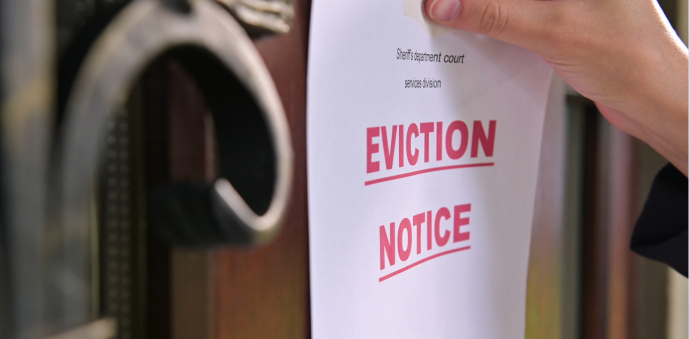North Carolina Tenant Rights During the Eviction Process: What You Need to Know
Facing eviction can be overwhelming and stressful. If you are a tenant in North Carolina going through or worried about an eviction, it’s crucial to understand your legal rights and the eviction process so you can protect yourself and your home.
This guide clarifies North Carolina tenant rights during the eviction process, explains the steps landlords must follow, and provides practical advice on how to respond.
What Is the Eviction Process in North Carolina?
In North Carolina, eviction is legally known as “summary ejectment.” Landlords must follow a specific legal process to remove a tenant from their property. They cannot simply change locks, turn off utilities, or force you out without a court order.
Steps in the Eviction Process:
- Notice to Tenant:
The landlord generally must provide a written eviction notice. For unpaid rent, this is a "10-day notice to pay or quit," giving you ten days to pay what’s owed or move out. Other violations or lease breaches may warrant different notices. N.C. Gen. Stat. § 42-3 covers notice requirements. - Filing the Complaint:
If you don’t comply, the landlord files a Complaint in Summary Ejectment with the local court. This starts the formal eviction case. - Service of Summons and Complaint:
The court issues a summons and complaint, which must be properly served to you, usually by a sheriff or authorized official. - Court Hearing:
You have the right to a court hearing where both you and the landlord can present evidence and explain your side. - Judgment and Appeal:
If the court rules for the landlord, you typically have 10 days to appeal the decision. If no appeal is filed, the landlord can request a Writ of Possession authorizing sheriff-enforced removal. - Removal by Sheriff:
If you still do not move out after the writ is served, the sheriff will physically remove you and your belongings.
Your Rights as a Tenant During Eviction
Right to Proper Notice and Due Process
Your landlord must follow all legal procedures precisely. You have the right to receive proper notice with clear reasons for eviction and to be served court documents correctly.
Right to a Court Hearing
You cannot be evicted without the opportunity to be heard in court. Attending the hearing allows you to present defenses, such as rent payment proof, improper notice, or claims of landlord retaliation or habitability violations.
Protection Against Self-Help Evictions
North Carolina forbids landlords from taking matters into their own hands by locking you out, shutting off utilities, or removing your belongings without court permission.
Retaliation Protection
If you’ve exercised your rights, such as reporting repair issues, the landlord cannot evict you in retaliation within a 12-month window unless they prove a legitimate reason.
Opportunity to Cure and Appeal
You usually have a limited period to address lease breaches or unpaid rent before eviction proceeds, and you have a right to appeal court decisions.
What You Can Do If Facing Eviction
- Respond Quickly: Don’t ignore eviction notices or court summons.
- Gather Documentation: Collect rent receipts, repair requests, lease documents, and any communication with your landlord.
- Seek Legal Advice: Understanding your options can help you contest wrongful eviction or negotiate solutions.
- Explore Assistance Programs: Some local agencies offer rental assistance or legal help for tenants facing eviction.
- Attend All Hearings: Missing court dates can lead to automatic eviction orders.
When Is Eviction Legal?
Landlords can evict tenants for:
- Nonpayment of rent after giving appropriate notice
- Violations of lease terms
- Illegal activities on the premises
- Lease expiration without tenant vacating
However, eviction must always proceed through the legal court process.
Need Help Navigating Your Eviction?
Eviction can feel overwhelming, but you don’t have to face it alone.
Contact us today for a free consultation. We will help you understand your rights, evaluate your case, communicate with your landlord, and explore options to protect your home and your future.
Don’t wait get trusted legal support now and take control of your eviction process with confidence.
Read: Is it legal to withhold rent in North Carolina?
